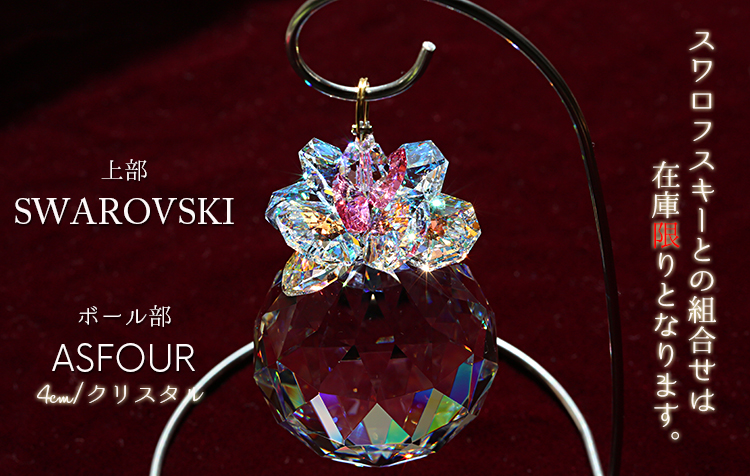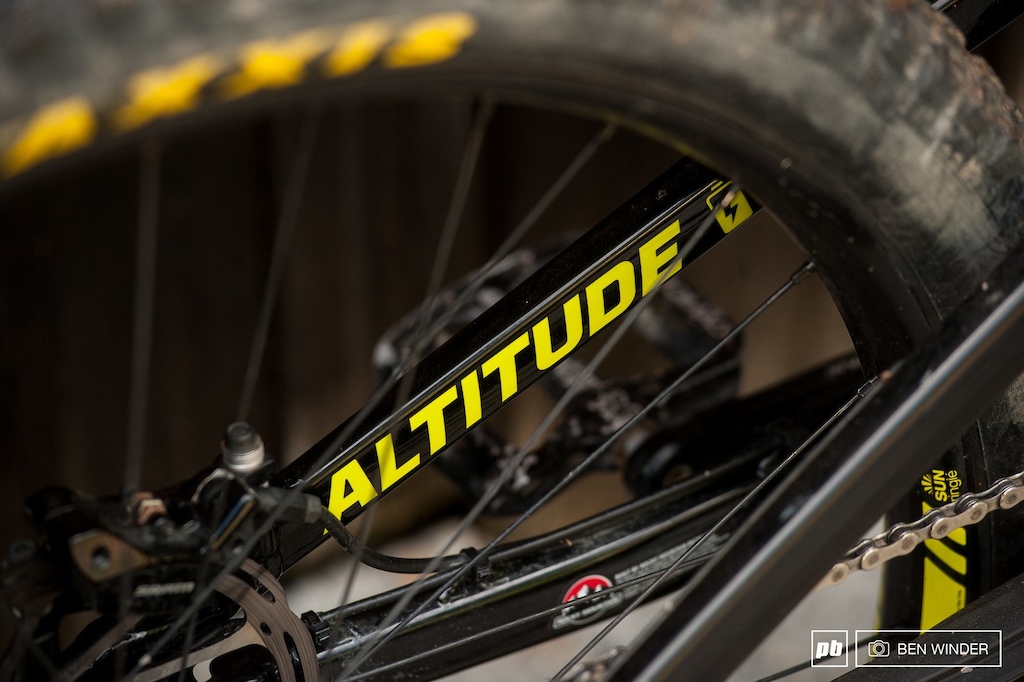

People are going to need ways to protect themselves from extreme heat, without requiring costly new electricity generation which would drive up carbon emissions and exacerbate climate change. To put it bluntly: we’re going to need to develop ways to stay cool while using less power. Innovative Canadian companies such as Waterloo startup Evercloak, Winnipeg’s GEOptimize and Toronto’s Ecobee are part of a global race to introduce this technology. Whether it’s reducing the energy demands of air conditioning units, installing heat pumps that replace traditional AC and can cool the air as well as warm it, or offering “smart” thermostats that save energy by automatically adjusting temperatures and fans to a homeowner’s preferred comfort levels, it’s clear we’ll need a multi-pronged approach. In a recent study, the Colorado-based Rocky Mountain Institute estimated that the combination of population growth, rapid urbanization and a warming planet will drive a threefold increase in the number of residential air conditioners in service over the next three decades. “Although increased access to cooling positively impacts the health, well-being and productivity of people around the world, it comes at an environmental cost that we simply cannot afford,” the report’s authors said.

The institute teamed up with the government of India and the international consortium Mission Innovation on a Global Cooling Prize. Prize, announced on April 29, are two consortia led by Japan’s Daiken and China’s Gree Electric Appliances Inc., both of which built prototypes of air conditioners that would have one-fifth the impact on the climate of standard units.

The groups - led by two of the largest residential AC manufactures - have committed to producing commercial models or their prototypes by 2025. In Canada, Evercloak is spinning out nanotechnology research from the University of Waterloo to develop innovative ways to manufacture membranes that improve the efficiency of cooling units. Co-founder Evelyn Allen and her team are finessing the process of manufacturing graphene-based membranes that filter water from the air before it is cooled. These membranes - each one thinner than a strand of hair - are able to block air flow but let water vapour to move through. This means an air conditioner would require less energy and building owners could use a smaller unit to cool indoor spaces. Energy efficiency gains are significant, Allen says, and can see a reduction up to 78 percent in energy expended in hot, humid regions. The venture is currently working with traditional AC manufacturers to commercialize this technology. Last year, Evercloak was one of 10 winners selected for funding for Natural Resources Canada’s Breakthrough Energy Solutions Canada program.


 0 kommentar(er)
0 kommentar(er)
